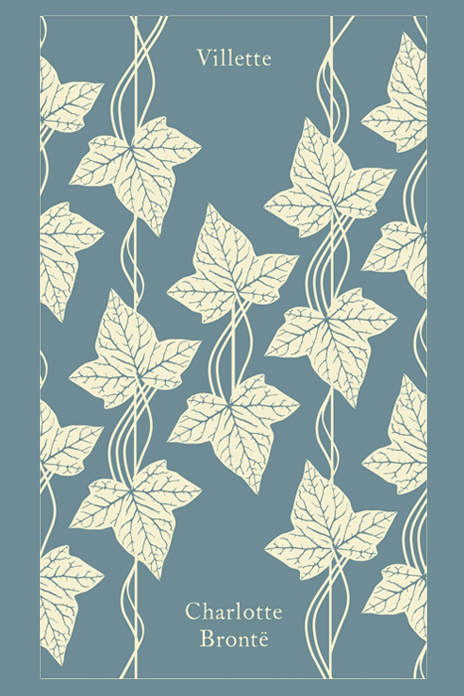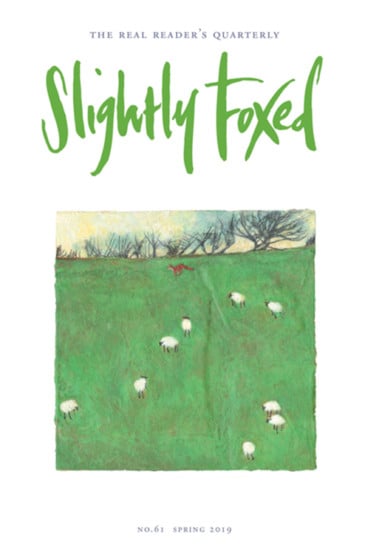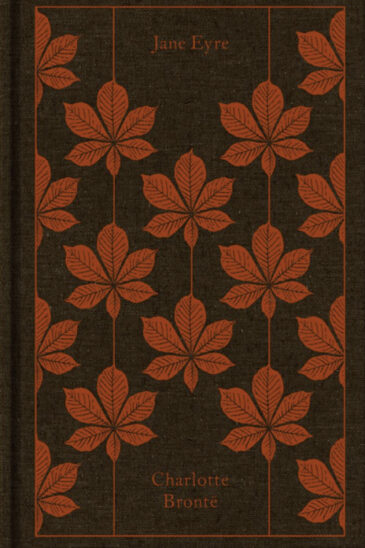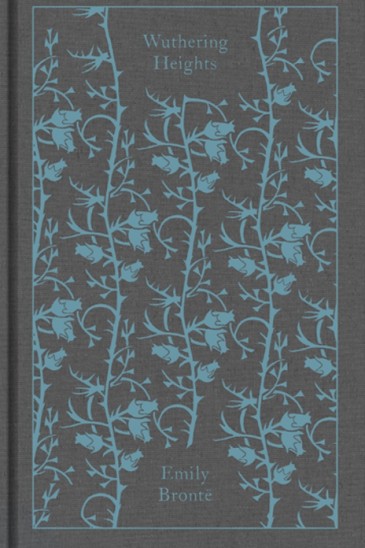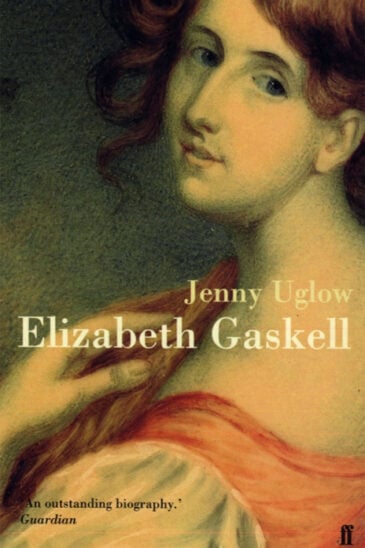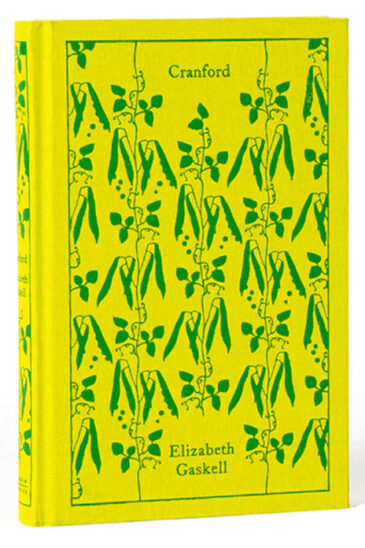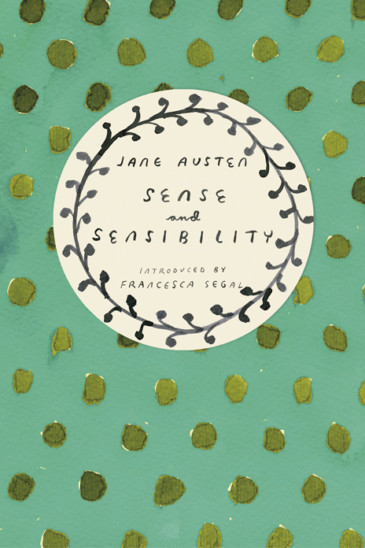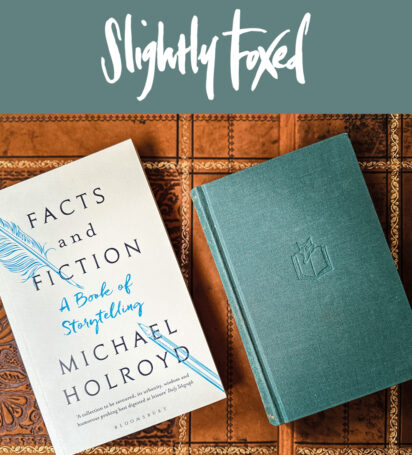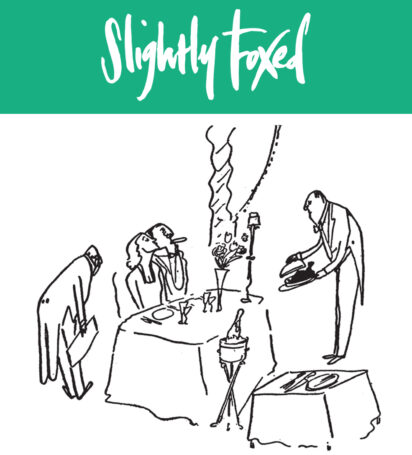With neither friends nor family, Lucy Snowe sets sail from England to find employment in a girls’ boarding school in the small town of Villette. She struggles with unruly pupils, the hostility of headmistress Madame Beck, and her own feelings – first for the school’s English doctor and then for the dictatorial professor Paul Emanuel. Drawing on her own unhappy experiences as a governess in Brussels, Charlotte Brontë’s autobiographical novel is a moving study of loneliness and isolation, narrated by a heroine determined to preserve an independent spirit.
Reviewed by Helen MacEwan in Slightly Foxed Issue 61.
Love and Loss in Brussels
HELEN MACEWAN
In 2016, in a debate organized by the Brontë Society, a panel of four writers discussed the relative merits of Jane Eyre (see SF no. 40) and Charlotte Brontë’s last novel, Villette. When an audience vote was taken, the earlier and better-known book won, but only by a small majority; the two writers defending Villette had been eloquent in its praise. As one of them said, you often come to appreciate it later in life. If Jane Eyre is Pride and Prejudice, Villette is Persuasion . . .
Extract from Slightly Foxed Issue 61, Spring 2019





